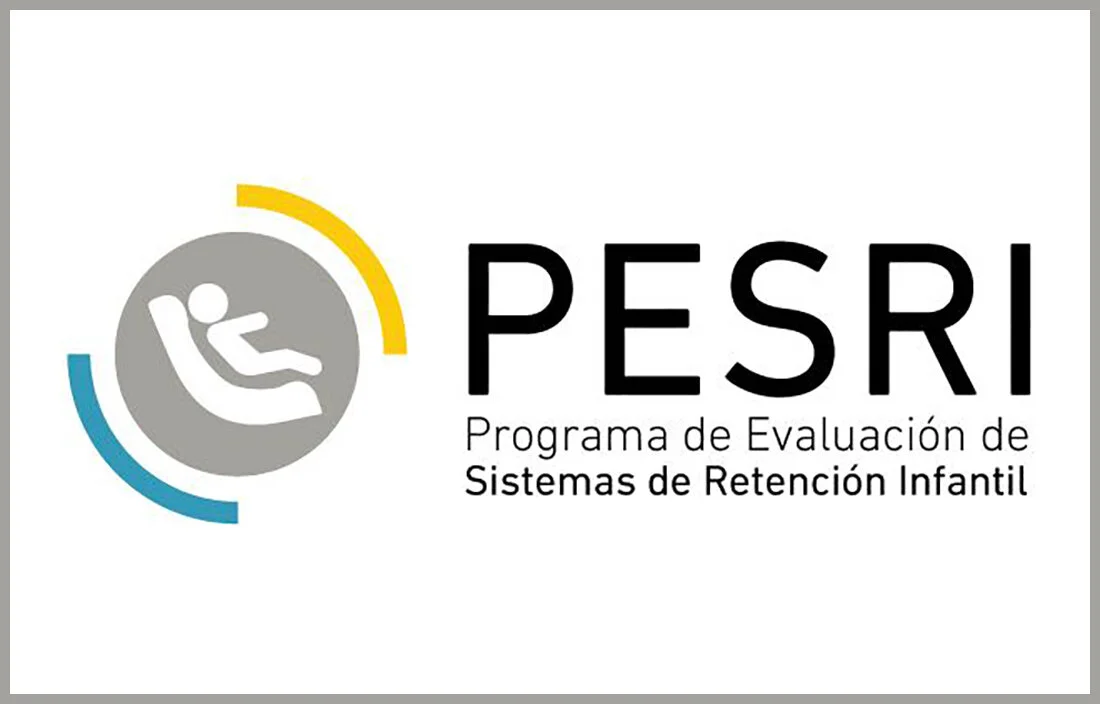Global NCAP Welcomes Launch Of New Child Safety Web Site In Latin America
A new child safety web site, which includes a safety performance comparison of more than 70 child restraint systems sold in Latin America has been launched today (28) with the support of Global NCAP.
The Latin American Child Restraint Systems Evaluation Programme (PESRI) is a multi stakeholder partnership working to achieve the UN’s road safety Global Goals, by providing parents in Latin America with an independent assessment of some of the most commonly available Child Restraint Systems. Partners in the programme include Global NCAP, ICRT, Fundación Gonzalo Rodriguez (Uruguay), ProTeste (Brazil), ODECU (Chile), El Poder del Consumidor (Mexico), and FIA Region IV.
Testing has been conducted over the last five years with results being combined for the first time in the new PESRI web site. Each Child Restraint System is subjected to a series of tests, ranging from performance in frontal and side impact tests, to ease of use, resulting in a star rating score.
The latest results:
David Ward, Global NCAP Secretary General said:
“We are proud to be supporting this important initiative for Latin America. With the launch of the new PESRI web site, parents will have the information they need to help make safer choices for their families. We also hope the wide availability of this information will act as a catalyst for the manufacturers of Child Restraint Systems to improve the performance of their products.”
Alejandro Furas, Global NCAP Technical Director and Secretary General of Latin NCAP said:
“Child safety in cars is still a major problem in the Latin America region. Low rates of child restraint use, lack of child restraint technical controls, lack of 3-point belts and ISOFIX anchorages as well as the insufficient promotion to improve user information are recurrent problems.
“The new PESRI web site is launched today to help provide families with further detailed advice and comparative information on Child Restraint Systems to that already published by Latin NCAP in its crash test safety ratings.”
Editors note






